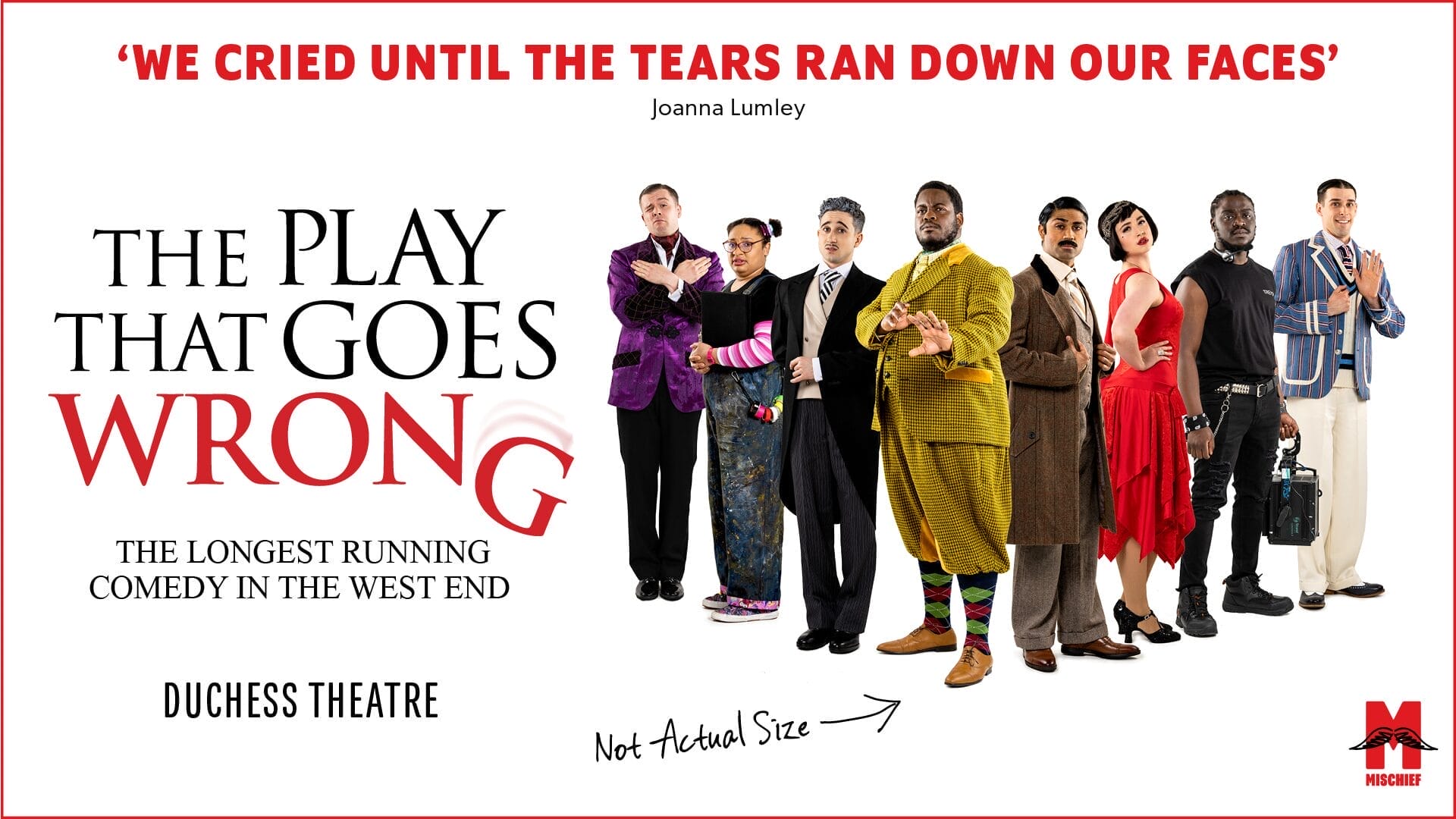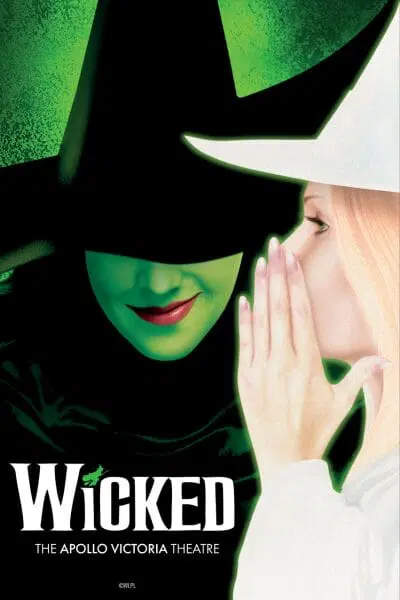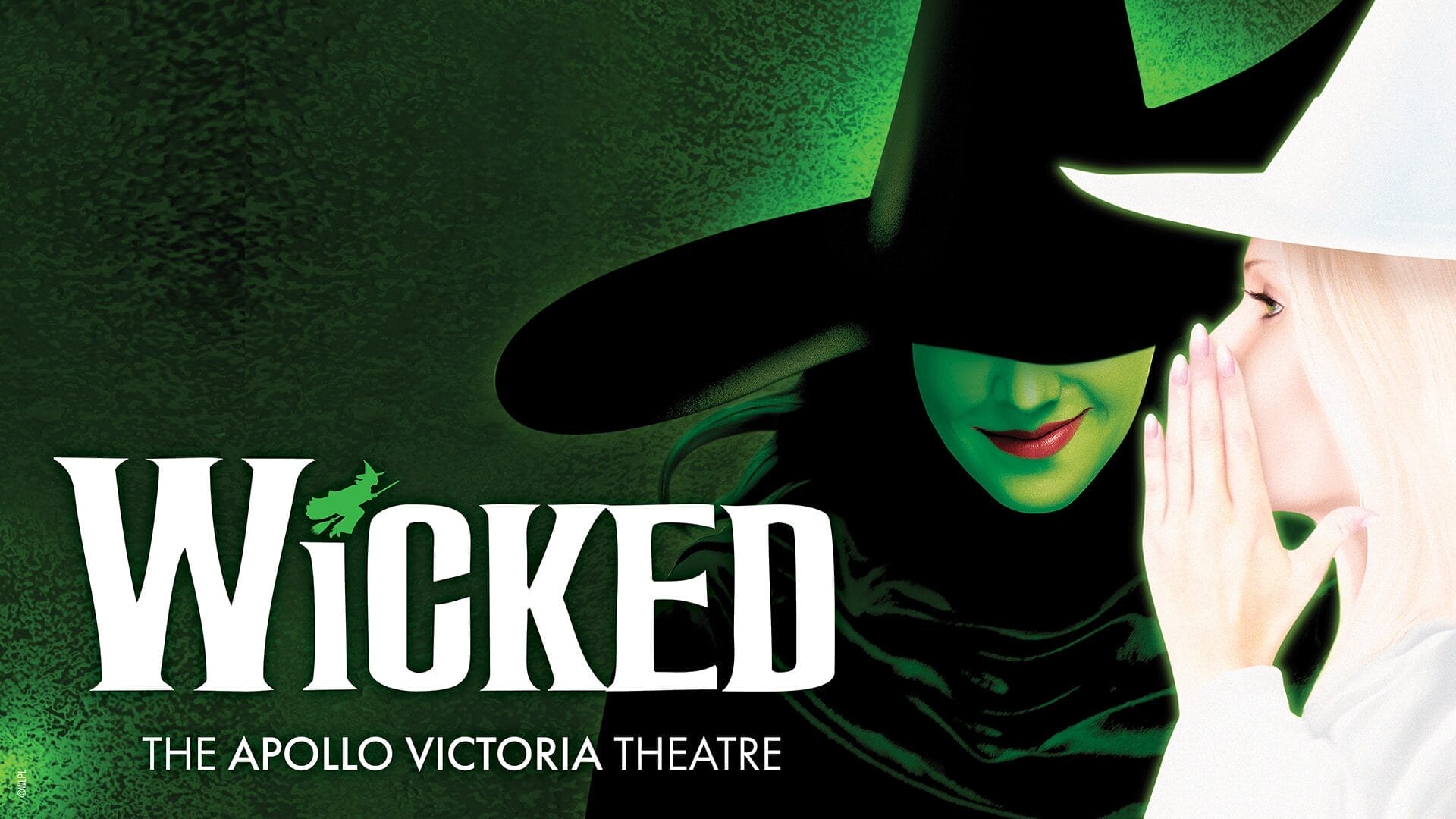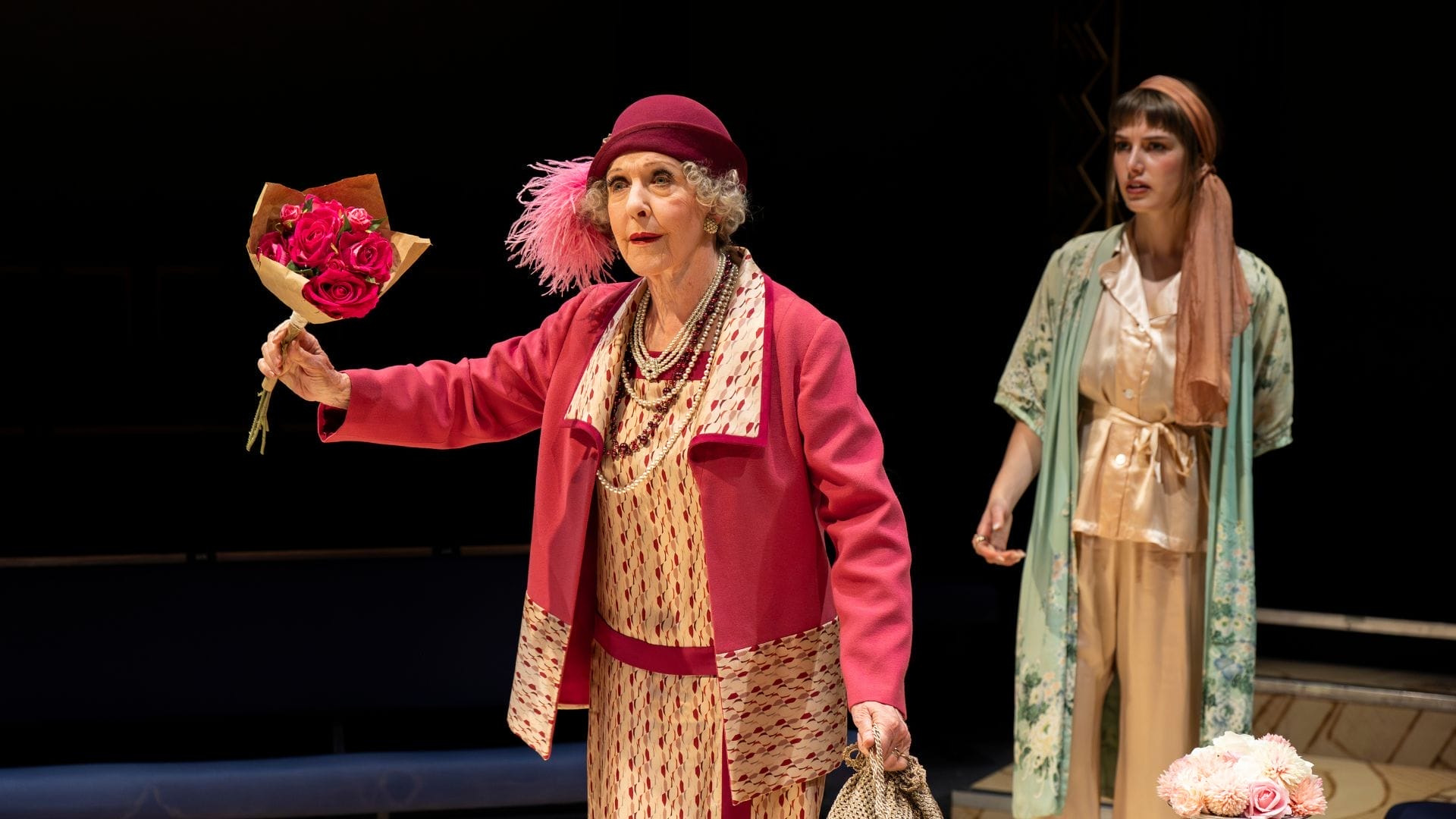 Showing at The Arcola Theatre under the direction of Thomas Bailey, Hal Coase’s play is a touching adaptation of Virginia Woolf’s classic novel. Set on a hot June day in 1920’s London, the plot tracks the life of Clarissa Dalloway. A member of elite society, Clarissa prepares for and then hosts a party while remembering the days of her youthful womanhood, her first loves and friendships.
Showing at The Arcola Theatre under the direction of Thomas Bailey, Hal Coase’s play is a touching adaptation of Virginia Woolf’s classic novel. Set on a hot June day in 1920’s London, the plot tracks the life of Clarissa Dalloway. A member of elite society, Clarissa prepares for and then hosts a party while remembering the days of her youthful womanhood, her first loves and friendships.
At the same time, the story follows First World War veteran Septimus Warren Smith, who passes through the same parts of the city with very different experiences.
As an adaptation of the novel, Hal Coase makes heavy use of Woolf’s words. But while many passages of the novel are repeated throughout, these are not necessarily at once, or in order. The result is a dramatisation of the spirit of the book, its themes of lost love and lost time and its enquiry into the nature of truth and consciousness. The essential question: what it is to really know someone, and to be known yourself by others? Are we ever fully seen and heard?
The effect – certainly for any fan or scholar of the novel – feels celebratory, a re-enactment and revisualisation of emotionally compelling inner lives and interior worlds that seem to fit naturally, organically into the outside world of the stage.
In the novel, characters and timeframes thematically come apart and come back together. In this play, the cast physicallyand vocally mirror the same motif. At once, people speak in unison and in solitude. They shapeshift, change identities or appear as disembodied voices lingering in the air. These multiple, fragmented identities share the common space of a stage that serves to flatten the parallel worlds of past, present and even at one point future. Characters cross these thresholds by weaving in and out of scenes, simultaneously as they were then and as they are now, as indeed they do in the book.
The cast give a spirited performance, full of warmth, fun,well-paced dialogue and generally good characterisation all round. Fresh from her part in Emilia at The Globe, Clare Perkins plays Clarissa Dalloway with poise and understated power. Interestingly, and clearly on purpose – she does not dominate the stage, despite the story – by dint of its title – being all about her.
Elsewhere, Clarissa’s husband Richard Dalloway – more of a ghost presence than the actual ‘ghosts’ of the past (he isn’t a ‘character’ in the cast list and is vocalised by both male actors) – is enjoyably depicted by Guy Rhys, who manages to showcase Richard’s love, good-heartedness and dullness in a handful of lines.
The dark underside is Septimus’s story, his class dictating the level of care and kindness he receives in a society that “penalises despair”. In this respect, Rhys’s Septimus is a bit of a puzzle. Perhaps the torment of this character is lost in the overall tempo of the piece.
Emma D’Arcy delivers a striking performance as Septimus’s sad and isolated wife Lucrezia. The depth of Lucrezia’sanguish and confusion is clear as she repeatedly scans the audience, as if searching our faces, seeking some – any – acknowledgment of her and Septimus’s suffering. It is a comment on society at large, that people don’t, won’t or can’t “see”.
It is difficult to know what someone who hasn’t read Mrs Dalloway would feel about this play. The book is an intimate, interior read, and the physicality of seeing it as a piece oftheatre has its own poignancy. But my guess is that Forward Arena’s world of Woolf is rendered well enough here to successfully deliver its own enquiry into whether love, or time, is ever ‘lost’.























Excellent review – well done. I saw it last night and agree absolutely with your analysis. (What a pity the Guardian disagreed/misunderstood and gave 2* – hope it does not put anyone off).